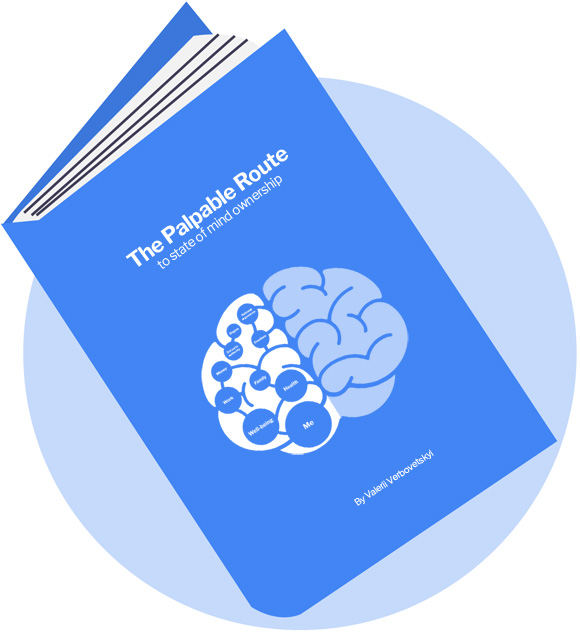Why do we procrastinate? Delay seemingly important tasks in favor of seemingly unimportant? The main cause of procrastination is our “inability to manage negative moods around a task.” Or any moods, for that matter.
Sword of Damocles
It is usually a mutually magnifying combination of an existing emotional background that is not directly connected to the task and task-specific agitations. Unpleasant experiences we wish to avoid trigger destructive emotions: fear, frustration, etc. We try to avoid the labor it may involve, undesirable or unknown task outcomes, interactions with people we do not like, or simply wasting our time doing something we are not motivated to… Mutual peer contagion within a similarly agitated group may contribute too.
We unintentionally allow destructive emotions to creep in and impact our willingness to deliver the task. The emotions that consume as much if not more resources than the task delivery would. Hence, the reluctance to take on the job.
Seemingly irrational “laziness” is a necessary “safe mode”
Escalating stress, anxiety about the task and the fact we postpone it consume a considerable amount of energy. Sometimes the loop of emotional pressure makes us so tired we avoid doing anything at all. Naturally, we try to distract our minds from the issue to lessen the emotional drain and change of vitals that goes with it. We indulge in basic and seemingly useless activities. These “irrational” choices are our attempts to get at least a temporary emotional relief. Sometimes they do help reduce our emotional resistance and recharge so we can eventually proceed with the undesired task. However, such quick-fixes are leaving the internal causes of emotions intact.
Mindful procrastination
Mindful procrastination may actually be quite beneficial: if we do consider our state of mind and make educated choices. Why beat a dead horse if we can clear the destructive emotions, let the horse breathe again and organically become enthusiastic? Share the abundance of energy, not steal the emergency ration.
Tackling destructive emotions effectively requires quite a bit of homework though… A holistic, long-term personal change. Otherwise, procrastination remains in external “time-management” domain… Something, even minor agitation downplays effortlessly.
![]()
Mindful procrastination allows us to share the abundance
of energy, not the last bite of emergency ration.
This post an abstract from the book coming in 2019.

